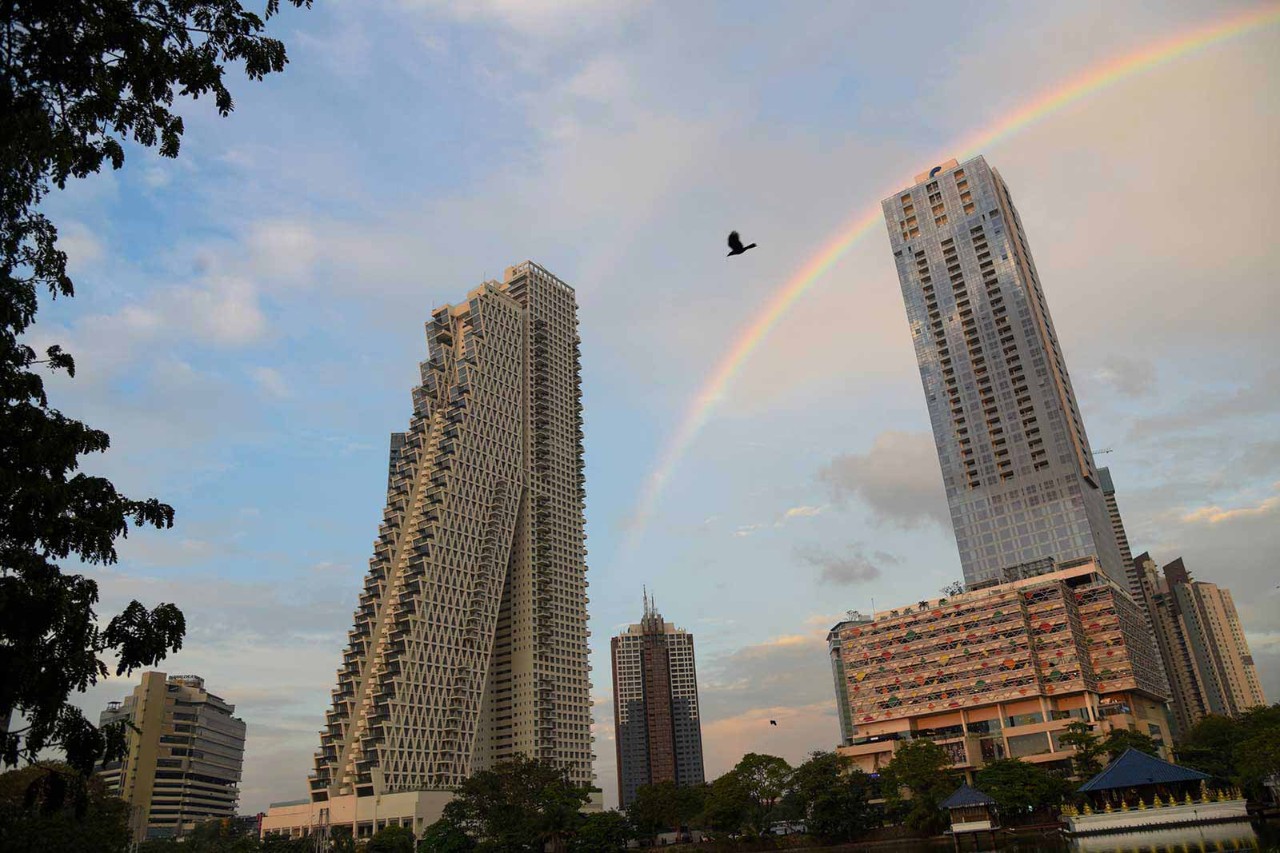
Starting with a cohort of just 82 companies in 2007, B Corp certification has become an increasingly desirable stamp of sustainability approval for businesses globally. Today, 7,000 companies across 161 business sectors in 90 countries are allowed to feature the B Corp badge alongside their brand.
And playing a vital and often leading role in winning that certification for businesses are finance teams.
‘It is an effective way to start the process of embedding ESG into daily operations’
In a nutshell
The B Corp badge is meant to demonstrate that a business is committed to achieving a triple bottom line by focusing on ‘the three Ps’: people, planet and profit. In other words, a kind of anti-Milton Friedman philosophy of recognising that profits should not be put above all else, and that companies consider their environmental and social contribution and impact to be equally important.
For many entities striving for certification, B Corp is viewed as a real-world environmental, social and governance (ESG) benchmark, a way to measure themselves against peers locally and globally, and to understand their performance against its triple bottom line.
‘It is also an effective way to start the process of embedding ESG into daily operations, which in turn allows us to achieve higher levels of social and environmental performance and purpose,’ says Todd Wegner, vice president for strategy, risk and communications at Torrens University Australia. The university won its third B Corp recertification in 2022 after first achieving certification in 2015 (see Case Study panel).
Motivated
Those seeking certification are often already highly motivated to conduct business in a more ESG-friendly way and will likely have started incorporating practices to make their operations more positively impactful.
New Zealand-based Optimal Workshop, a developer of user-experience testing tools, gained certification in 2022, but the seeds had been planted years earlier. ‘We believed we had a base and we wanted to test that,’ says Julie Reddish, its head of people and culture. ‘As for passing B Corp, we were already on the right track; we just had to make some tweaks, mainly to policy.’
‘It’s a very good framework for continuous development and improvement’
Her point is echoed by Laura Grenier FCCA, director of operations at WHEB Asset Management, a UK-based impact investor that has been B Corp certified since 2016. She explains: ‘The initial certification challenged the way we were doing things. A lot of what we were doing was already very good, but it wasn’t written down. The certification process forced us to formalise policies. And it’s a very good framework for continuous development and improvement.’
Business gains
There is also a more traditional business case for B Corp certification: it can help attract top talent, gain customer trust, win new business, secure investment and develop other competitive advantages. And with listed companies required to disclose the ESG credentials of businesses in their supply chain, it will do suppliers no harm to have B Corp status.
‘The standards that B Corp holds you to are way beyond current business best practices, and even those of government policy, and even of our customers,’ says Reddish. ‘It really pushes us ahead of the curve, and it’s internationally recognised immediately.’
The process
Certification is not easy to acquire, especially the first time around, and having buy-in from senior management is vital. Grenier says: ‘It’s very involved, but it has to be, otherwise B Lab [see B Corp Breakdown panel] would lose control and authenticity. It will be a drain on the person that’s leading the project, as they will also have to gather input from across the organisation.’
Deb Dornbusch, head of finance at research consultancy Optimal Workshop in New Zealand, agrees. She says: ‘We had to pull together and provide evidence, which required a commitment of people and time to work on it while also running a business and going through a funding round.’
Optimal Workshop has a strong people focus and expected a strong score in this area. However, the sheer depth of the B Corp assessment left it thankful for the guidance it received from B Lab, which provides resources and coaching to help businesses prove quality or implement change.
B Corp breakdown
B Lab is the body that awards the B Corp certification and brand. To gain certification, companies must first pass a B impact assessment; they are scored on up to 250 questions across five categories: governance, workers, community, environment and customers. This is followed by an extensive audit by the B Lab team, which interrogates, seeks evidence and suggests changes that need to be made.
A ‘mission lock’ is another fundamental element of the assessment. This is a statement or clause that enters a company’s governing documents and must be ratified by its board/leadership team. The idea is to protect against shareholders, investors or new management diverting a company’s mission to profit above all else.
‘The CFO and the finance team were heavily involved in our certification process’
Key input
The process will usually be driven by the operational part of the business, with finance a key player.
‘The CFO and the finance team were heavily involved in our certification process and were a key part of the working group,’ says Wegner. ‘The reality is, having the support of the leadership team, including the CFO, is critical to certification/recertification being successful.’
Dornbusch agrees, saying that while there is a natural fit for finance professionals, who audit, check, double-check and ask for proof, it’s really the broader operational team pulling together. She says: ‘People and culture, finance, strategy – we’re across everything, we know how things fit together. For finance it’s natural to check and audit, but also to provide information or know who to ask for it.’
Case study
To collect and collate data for Torrens University’s B Corp application, Todd Wegner established and led a small working group made up of representatives from finance, HR, marketing and sales, academic/quality, legal and facilities/operations.
The certification and recertification processes each took about 12 months, including the work needed to collate all the necessary material and the B Lab assessment/review process.
The university’s focus since its original certification in 2015 has been on embedding B Corp standards into the organisation and making it everyone’s responsibility. It also monitors ESG performance regularly, both to ensure that it remains on track and to achieve recertification, which is required every three years.





